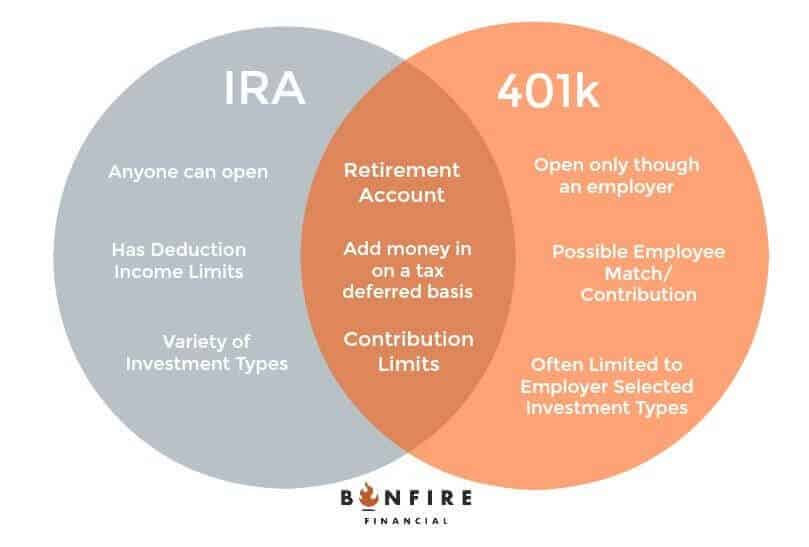4 Reasons to Hire a CFP ®
Managing your finances can be difficult and time-consuming. However, finding someone to handle your finances can be just as challenging. Want a tip to make it easier? Hire A CFP ®.
People often ask us what is a CFP ®, how are they different from other financial advisors, and the reasons to hire a CFP ®. We are going to be breaking all that down for you today.
What Is a CFP® Professional?
First, it’s more than just an acronym. Unlike some designations that are worth little more than the paper they’re printed on, the CFP ® (CERTIFIED FINANCIAL PLANNER™) designation is one of the most esteemed financial certificates around. Each CFP ® is held to an extremely high standard and requires an immense amount of work. Typically nine months to two years of study.
In the US, as of 2025, there are only 101,505 CFPs ® and only 3,150 in the state of Colorado, according to the CFP® Board professional demographics. The exam itself is a grueling 7-hour test that assesses the financial advisor’s ability to apply principles of financial planning. It covers all areas of insurance, investments, income taxes, retirement, estate planning, ethics and conduct, and financial plan development, among many other skills.
Beyond the test, there is so much more that goes into the certification. We have condensed it down to the top 4 Reasons to Hire a CFP®.
4 Reasons to Hire a CFP ®
- Fiduciary Standard
- Ethics Code
- Fitness Standards
- Experienced Life-Long Learners
Let’s dive into it:
1. Fiduciary Standard:
Currently, the SEC has NO uniform fiduciary standard that applies to all financial professionals who provide personalized investment advice. This means there is no oversight to protect consumers and clients from paying excessive commissions or receiving substandard performance. Consumers are exposed to even greater and unnecessary risks from products that may be deemed suitable (more on that here) for them but are inferior to other available options and not necessarily in their best interests.
The CFP ® Board has a Code and Fiduciary Standards that require CFP ® professionals to act in the best interest of the client at all times when providing financial advice. So, as a CFP ®, we have a legal requirement to act in your best interest, all the time. In addition to this standard, Bonfire Financial is also a Registered Investment Advisor which furthers this obligation.
2. Ethics Code:
All CFP ® practitioners agree to abide by a strict code of professional conduct, known as CFP ® Board’s Code of Ethics and Professional Responsibility, that sets forth ethical responsibilities to the public and clients. This ensures we act with honesty, integrity, competence, diligence, and offer services objectively.
It’s a pledge to protect the confidentiality of all client information, avoid or disclose and manage conflicts of interest and always act in the client’s best interests.
3. Fitness Standards:
Further, the CFP ® Board has also established specific character and fitness standards for the CFP ® certification. This ensures that an individual’s prior conduct would not reflect adversely upon the profession or the CFP ® certification marks. This helps you know that if you hire a CFP ® you won’t find out later that they have:
-
- A felony conviction for theft, embezzlement, or other financially-based crimes.
- A felony conviction for tax fraud or other tax-related crimes.
- Revocation of a financial license (e.g. registered securities representative, broker/dealer, insurance, investment advisor).
- A felony conviction for any degree of murder or rape.
- A conviction for any other violent crime within the last five years.
- A felony conviction for non-violent crimes (including perjury) within the last five years.
- Personal or business bankruptcies.
4. Experienced Life-Long Learners:
CFP ® professionals are required to complete 3 years of experience related to delivering financial planning services to clients. They also must have a bachelor’s degree prior to earning the right to be a CFP ®. This real-life experience means that CFP ® professionals have practical financial planning knowledge. They can truly help you create a realistic financial plan that fits your individual needs.
Once certified, CFP ® professionals are required to maintain technical competence and fulfill ethical obligations. Every two years, they must complete a minimum of 30 hours of continuing education to stay current with developments in the financial planning profession and better serve clients.
Need more reasons to hire a CFP ®? We’d love to answer any other questions on what it means to have a CFP ® working for you, feel free to contact us.
At Bonfire Financial we pride ourselves on having a team of CERTIFIED FINANCIAL PLANNERs™ and we can’t wait to help you!
 Client Login
Client Login






